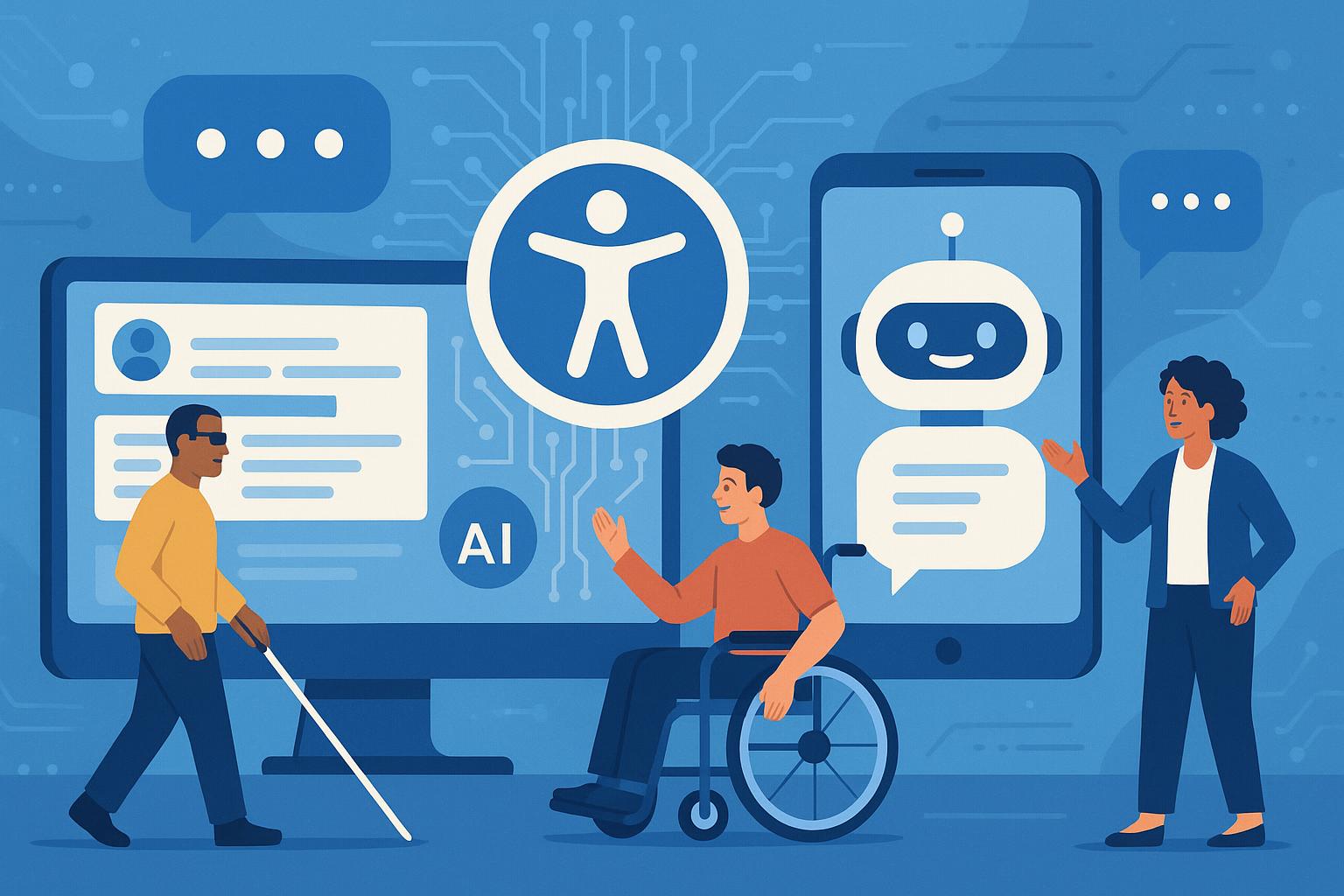Healthcare at Your Fingertips: The Revolutionary Rise of AI Chatbots in Patient Interaction
In the rapidly evolving world of healthcare, the integration of artificial intelligence (AI) is not just a trend but a profound transformation reshaping patient care and interaction. Among these innovations, AI chatbots stand out as a pivotal element, offering a more personalized, accessible, and efficient healthcare experience. This article explores the significant benefits of AI chatbots in healthcare, focusing on enhancing patient interactions through symptom checking, appointment scheduling, and lab result discussions.
Introduction to AI Chatbots in Healthcare
AI chatbots, fueled by advanced algorithms and machine learning, are becoming essential to healthcare ecosystems. They simulate human conversational patterns to provide real-time responses to patient inquiries, automate routine tasks, and facilitate a smoother healthcare management process. As these AI systems evolve, they are not only enhancing human engagement but are also providing contextually relevant outputs and interactive experiences, advancing beyond the capabilities of traditional web interfaces.
Transforming Patient Interaction
The application of chatbots in healthcare is revolutionizing patient interaction in several critical areas:
- Symptom Checking: AI chatbots offer initial medical advice based on symptoms reported by patients, facilitating early detection and timely care. This preliminary diagnosis directs patients to appropriate medical attention when necessary.
- Appointment Scheduling: Automating appointment bookings through chatbots reduces administrative burdens and enhances patient satisfaction. Patients can effortlessly schedule, reschedule, or cancel appointments, aligning their needs with available slots.
- Lab Result Discussions: Chatbots can securely deliver lab results to patients, provide explanations, and guide them through subsequent steps or treatment plans based on those results.
Case Study: Symptom Checker in Action
Imagine a patient experiencing early symptoms of an illness. Rather than navigating multiple medical sites or enduring long waits for doctor’s appointments, they consult with a chatbot. This AI-powered assistant poses relevant questions to ascertain symptoms and offers guidance based on AI-driven analysis. Such interactions not only save time but also enhance healthcare accessibility, particularly in remote areas where medical facilities are scarce.
Enhancing Appointment Management
AI chatbots streamline the process of managing appointments, which is often complicated by back-and-forth communications and scheduling conflicts. By integrating with existing calendar systems and patient databases, chatbots provide real-time scheduling options, send reminders, and optimize calendar slots based on healthcare provider availability. This system decreases no-shows and maximizes the utilization of healthcare resources.
Interactive Lab Result Interpretation
AI chatbots play a crucial role in demystifying complex medical information. Patients can inquire about their health metrics, receive clear explanations of what certain results mean, and learn about recommended next steps, all through a conversational interface. This not only enhances comprehension but also empowers patients in managing their health.
Technical Challenges and Design Considerations
Despite the clear benefits, integrating AI chatbots into healthcare systems comes with challenges. Issues such as data privacy, security, and the need for highly accurate AI responses are critical. Ensuring the chatbot system is reliable and equipped to handle sensitive information with the utmost security is crucial. Additionally, chatbots must be intuitively designed and accessible, facilitating easy interaction for patients of all ages and technical abilities.
Conclusion: The Future of Healthcare Interaction
AI chatbots are setting a new standard for patient care and interaction in the healthcare industry. By automating routine tasks, providing instant medical advice, and simplifying complex processes, these AI-powered systems are not just assisting medical professionals but are also enhancing the patient experience and access to care. As technology advances, the scope of chatbot functionalities will expand even further, making healthcare more efficient, personalized, and accessible to everyone. The future of healthcare is here, and it is conversational, context-aware, and digitally empowered.
In conclusion, as we continue to explore and innovate in the realm of AI chatbots, the potential to transform everyday healthcare interactions is immense. From symptom checking and appointment scheduling to lab results discussions, AI chatbots in healthcare are more than just a convenience—they are becoming a necessity, reshaping how care is delivered and experienced.












